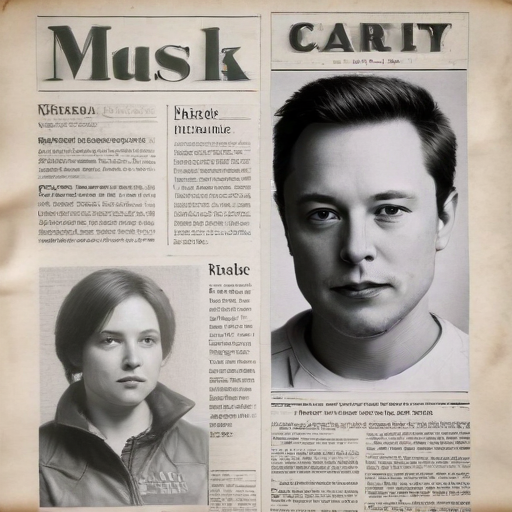In a recent interview with psychologist Jordan Peterson, Tesla CEO Elon Musk discussed his estranged daughter, Vivian Jenna Wilson, and his controversial views on gender-affirming care. Musk described his daughter’s transition and subsequent gender-affirming treatments as akin to “child mutilation and sterilization,” which he has vowed to combat, labeling it as part of the “woke mind virus.”
Musk recounted a time during the COVID-19 pandemic when he felt compelled to agree to gender-affirming care for Wilson, whom he said he believed was in distress. He expressed regret over what he described as being “tricked” into signing documents supporting the treatment, claiming it was not explained to him that puberty blockers could lead to sterilization. However, medical professionals clarify that puberty blockers are reversible and do not directly affect fertility.
The comments come shortly after Musk announced that his companies, including Tesla and SpaceX, would relocate to Texas, in part due to California’s SAFETY Act, which protects LGBTQ+ rights in schools. Musk’s distancing from his daughter has escalated tensions, especially considering she applied for a name change to dissociate from him legally.
His public statements have drawn significant criticism, as he has been accused of transphobia. Furthermore, Musk’s political views have shifted significantly, moving from a center-left stance to a more right-wing perspective, endorsing policies and candidates that clash with his former beliefs, particularly regarding clean energy and diversity initiatives.
In summary, Musk’s remarks reflect not only his personal struggle with his daughter’s transition but also a broader cultural clash over gender and parental rights in the current sociopolitical climate. His strong stance highlights the deep divisiveness in discussions surrounding gender identity and care for transgender youth. Moving forward, it is essential for discussions to remain informed and compassionate, focusing on understanding and support for all individuals involved.
This dialogue illustrates a trending societal shift as more voices engage in the conversation around gender identity and the rights of individuals to define their own identities.
